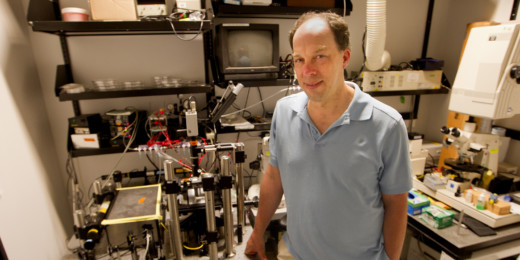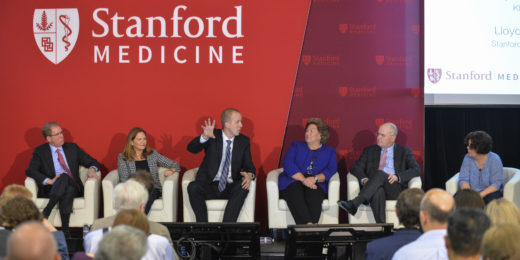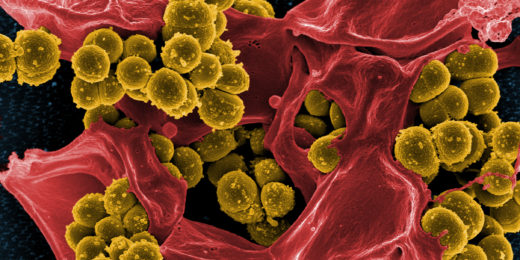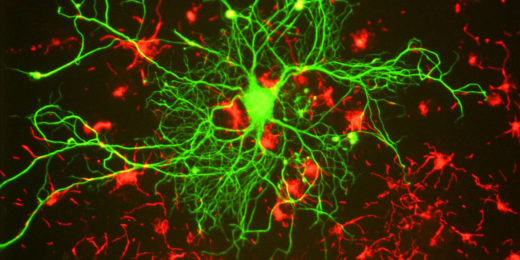Over the last 30 years, a growing body of epidemiological research has suggested that poor nutrition in pregnancy hurts the baby by setting metabolism to a “thrifty” state that leads, decades later, to type 2 diabetes and heart disease.
Month: June 2018
Blood test for pregnant women predicts premature birth, says Stanford-led research
A Stanford-led research team has developed a simple blood test for pregnant women that shows, with 75-80 percent accuracy, which pregnancies will end in premature birth.
Realizing the clinical potential of electronic health records
Stanford Medicine's Electronic Health Records National Symposium touched on improving inefficiencies of EHRs, harnessing data for population health management, building on successes and overcoming obstacles.
Most clinical trial participants find benefits of sharing personal data outweigh risks
Most participants in clinical trials believe the benefits of broadly sharing individual data outweigh the risks, a new Stanford study has found.
Birds never go deaf, but why do humans?
By studying how birds regrow damaged inner ear cells to fix hearing loss, scientists hope to learn how to cure deafness in humans.
What I learned in medical school
With graduation approaching, Stanford medical student Akhilesh Pathipati reflects on what he has learned over the last four years.
Fluctuations of Affordable Care Act enrollees jeopardize market stability
A working paper from Stanford scholars finds evidence that some consumers who buy their own insurance have taken advantage of the ACA provision preventing discrimination based on preexisting conditions to strategically pop in and out of coverage in ACA marketplaces.
Bad bug’s Achilles heel: New drug targets identified for S. aureus
A hitherto unheralded set of telltale enzymes may prove to be perfect targets for shooting down a gang of nasty bacterial pathogens collectively called S. aureus.
Saying goodbye to Stanford after a five-year medical residency
In a new podcast, Stanford otolaryngologist Brandon Baird talks about growing up in a poor neighborhood in Washington D.C., the intensity of medical residency, and his love of music.
Neurons from blood cells? Stanford study opens doors to large-scale studies of schizophrenia, autism
Blood cells to neurons in just three weeks? Stanford researchers pull off an amazing biological transformation that could transform research into neurological disorders such as schizophrenia and autism.
Poll: Doctors say electronic health records need overhaul
A majority of primary care doctors report frustration with how electronic health records have affected their relationships with patients and with the amount of time required by the systems, according to a Stanford poll commissioned from The Harris Poll. However, many also say EHRs have led to improved patient care.
Outdated equations lead to incorrect prescriptions for cardiovascular conditions
A team of researchers has updated and improved the equations that guide prescribing decisions for physicians in the U.S. regarding cardiovascular risk.
Mobile devices improving heart health step-by-step
Stanford heart doctors bank on digital health to improve heart care in the future by monitoring encouraging exercise, detecting and tracking conditions like atrial fibrillation, and more.
The coming tsunami of age-related hearing loss
More and more Americans are living with a quietly increasing disability, and one that can have a dangerous ripple effect into other aspects of their health, happiness and livelihood. But a transformation in treatment is on the horizon.
Patient shares experience with celiac disease: It’s a serious autoimmune condition, but “not the end of the world”
In a video, Stanford Children's Health's Healthier, Happier Lives Blog introduces a patient with celiac disease and discusses the symptoms, diagnosis and treatment of the autoimmune disorder.
















